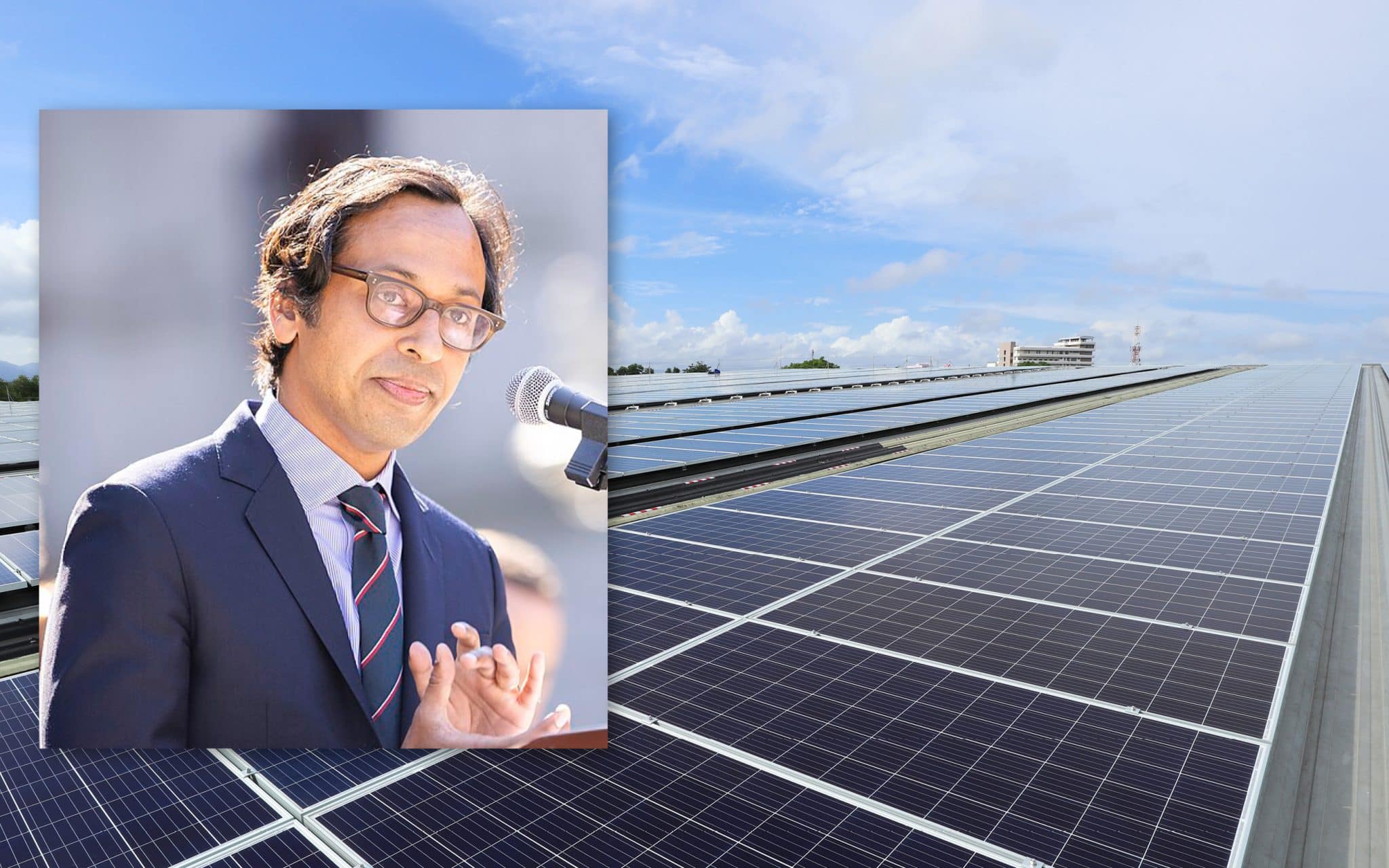Saval’s memo, titled “Solar-Ready Warehouses,” proposes requiring new warehouses and distribution centers to be constructed as “solar-ready”. It provides a tax credit for existing facilities to retrofit their infrastructure as “solar-ready,” due to the increasing presence of large facilities in the commonwealth. Such facilities, and their sprawling rooftop spaces, are well-positioned to take advantage of significant sunlight.
Though there is currently no publicly released bill, it contains the same requirements in Pennsylvania state Rep. Joshua Siegel’s (D-Allentown) memo of a bill he introduced in April regarding solar energy, now with the energy committee. Siegel’s bill terms “solar-ready” as a building designed to allow for solar-panel installation. His proposed legislation says “solar-ready” means 40% of a facility’s roof is suitable for installation. The bill would be enforced under the Department of Environmental Protection’s jurisdiction, which can fine companies up to $100,000 for violation of the act.
According to a report from EnvironmentAmerica, Pennsylvania ranks high compared with other states on the number of warehouses, suggest warehouses, with a current count of about 16,073 across the commonwealth.
. Over recent years, warehouses have been rapidly spawning throughout the state.
This high potential solar generation opportunity could provide energy for 821,000 households. The global warming pollution reduction potential is highly significant; however, the commonwealth currently ranks 49th in the U.S. for renewable energy growth.
Flora Cardoni, deputy director at PennEnvironment, said that one of the most common reasons for businesses to install solar panels is the financial incentive of lower utility bill costs.
“This is especially true for big solar warehouses, when they have equipment such as freezers or they are refrigerated buildings for food shipping,” Cardoni said. “But even if they’re just a normal warehouse, it’s a lot of electricity to keep these huge buildings running, so it can really cut down on their electricity bills.”
Additionally, warehouses across the country that fully build out their solar panels potential, on average, could generate 176 percent of their annual electricity use. This means that extra energy will transfer back onto the grid, which can provide electricity to communities or earn the customer a credit through the utility.
Cardoni said one barrier to solar installation, especially commercial solar, is that some roofs have less square footage or less ability to withstand the weight of solar panels. Often, warehouses or superstores are built as cheaply as possible, and they would have to rebuild their roofs to support solar panels.
“If we can incentivize more warehouses, superstores, individual people, businesses, nonprofits and more and more entities to go solar, the less and less demand there will be for fossil fuels,” Cardoni said. “It allows solar to take up a larger part of our energy mix in Pennsylvania, which today is dominated by fracked gas. The more that we can transition to solar, the less demand that there will be for fracked gas, which will in turn lower emissions.”
Katie Blume, political and legislative director of Conservation Voters of Pennsylvania, said in an email there is a likelihood of Saval’s bill becoming law, considering New Jersey passed similar legislation in 2021.
“I think there is a strong possibility we can get the bipartisan support needed to eventually pass this legislation. Given the nature of the current state budget standstill, I don’t think it will be easy in the immediate future, but I do think it’s possible especially when this is also legislation that developers have been interested in,” Blume said.







